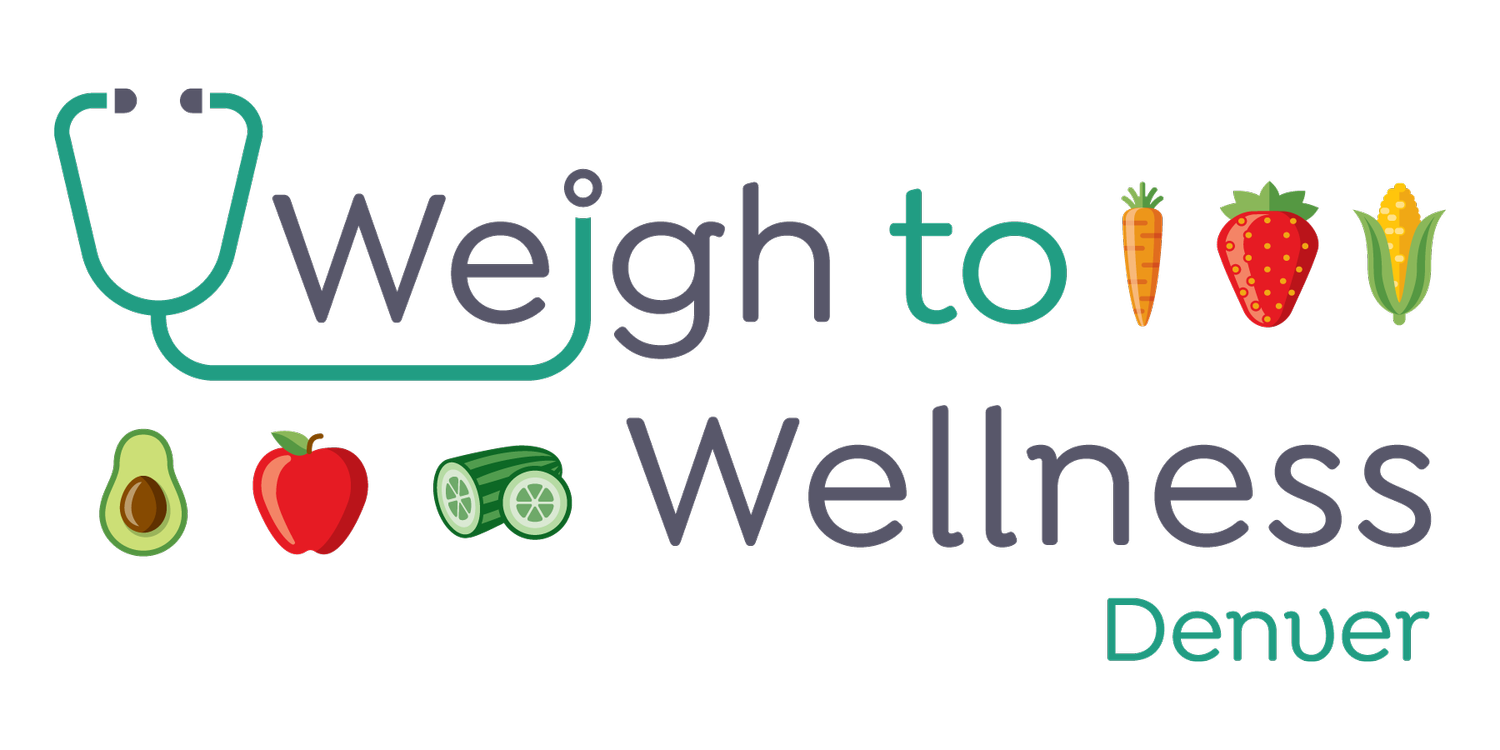Does Snacking Contribute to Weight Gain?
The rise of the obesity epidemic has coincidentally coincided with the interest of snacking, especially in adolescents. Snacking can have a negative connotation, as it is often associated with eating foods that are high in energy and low in nutrients (processed). Because of this, many believe eating between meals influences weight gain. Is the act of snacking the culprit, or are there other factors that are contributing to the rise of obesity?
Snacking with a purpose
It is important to recognize that obesity is predominantly a genetic and environmental disease and typically cannot be solely influenced by diet. In addition, because snack studies are not standardized, it is difficult to recognize the association between snacking and weight gain. Some findings suggest that snacking leads to weight gain while most show no association between weight gain and snacking. Research shows that the potential impact snacking may have on weight gain is related to the nutritional quality and timing of the snacks. Snacking earlier in the day has been shown to reduce incidence of boredom eating, portion size of meals, and decrease BMI. However, snacking in the evening had the opposite effect. In fact, multiple studies have supported the increased risk of evening snacking and obesity.
Benefits of snacking:
Improved appetite control / portion control at next meal
Allows for some energy intake when no time for meal
Has potential to improve blood sugar control
Allows more opportunity to include nutrient dense foods into diet
Improves nutrition intake for people with poor appetite who are unable to eat regular meals
Eating more frequently can improve digestive problems such as acid reflux and gastroparesis
Eating more frequently can support metabolism by improving utilization of energy
For some diabetics, snacking before bed can prevent low blood sugar while asleep
Downfalls to snacking:
Can contribute to overeating or weight gain
Has potential to negatively affect blood sugar
Processed snacks are typically more easily accessible in school or work environment
Healthy snack options:
In order to limit the processed snacks that give snacking a bad rap, keep healthy, nutrient dense snack options easily accessible.
Edamame: fresh or roasted soybeans
Low-fat cottage cheese with fruit
Boca/Morning Star veggie patties
Hummus cup and veggie of choice
Tuna/salmon meal-to-go pouches with whole grain crackers
Non-fat Greek yogurt cup with berries
Hard-boiled egg
Deli meat and low-fat cheese
Overnight oats with protein powder
Bottom Line
In order to decide whether to include or avoid a snack should depend on the snack that you choose, the time that you're eating it, as well as if you are honoring your true hunger and fullness cues. In order to reduce the risk of negative associations with snacking, it is recommended to assess your eating patterns and dietary needs with your dietitian in order to determine what kind of snacking is right for you. It is important to also ask your primary care provider if you need to change your treatment (such as taking extra insulin shots) for changes in eating behaviors such as adding snacks.
References:
https://www.mdpi.com/2072-6643/11/10/2320
https://www.jandonline.org/article/S0002-8223(07)00211-8/fulltext
https://www.ncbi.nlm.nih.gov/pmc/articles/PMC6835708/
https://www.ars.usda.gov/ARSUserFiles/80400530/pdf/1718/Table_25_SNK_GEN_17.pdf


